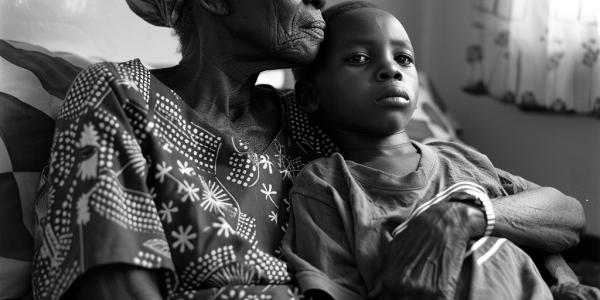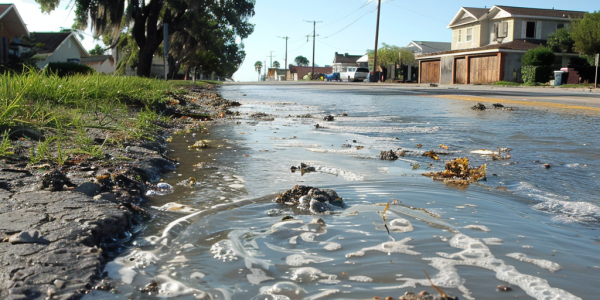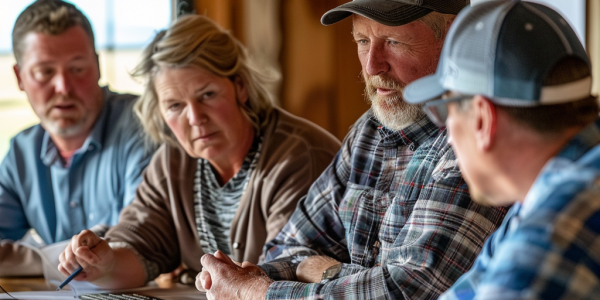New Adversary Emerges in Fight Against Malaria: Anopheles Stephensi Mosquito
The Anopheles Stephensi mosquito, spreading resistance to antimalarial drugs in Africa, poses a new challenge for researchers. Ernestine Bizimana’s story in Rwanda highlights the impact of malaria on communities, emphasizing the need for innovative solutions to combat this deadly disease.
Sunny Day Flooding Leads to Increased Fecal Bacteria in Coastal Waters, Study Finds
A recent study from North Carolina State University reveals that ‘sunny day flooding’ in coastal areas is causing increased levels of fecal bacteria in the waters, posing potential risks to public health. The research focused on the impact of rising sea levels on fecal bacteria contamination, with floodwaters containing elevated levels even during minimal flooding. The study emphasizes the need for policymakers and public health officials to address the implications of sunny day flooding on coastal water quality to safeguard the well-being of coastal communities and ecosystems.
Revolutionary R21 Vaccine Offers Hope in Fight Against Malaria
A breakthrough in the fight against malaria has emerged with the development of the R21 anti-malaria vaccine. This revolutionary vaccine, designed by scientists after 30 years of dedicated research, is set to change the game in malaria control. With the R21 vaccine on the horizon, there is newfound hope in the battle against malaria, offering a promising strategy in the fight against this ancient disease.
U.S. Dairy Industry on High Alert for H5N1 Virus Threat
The U.S. dairy industry is facing a new threat with the spread of H5N1 virus, prompting experts to call for decisive action. Veterinarians like Kay Russo emphasize the need for a proactive approach and comprehensive plan to combat the virus in dairy and other livestock sectors. Stay informed on the industry’s response to this urgent situation.
Shifting Patterns of RSV Infections Among Older Children
Recent data from a cohort study highlights shifting patterns of RSV infections among older children, signaling a need for updated prevention strategies. The study spanning from 2015 to 2022 reveals changes in seasonal occurrence post-COVID-19, with RSV cases remaining high among children under 5. Published in JAMA Network Open, the findings emphasize the importance of tailored interventions for older children to address the evolving landscape of RSV infections.
Link Between F. nucleatum Bacteria and Colorectal Cancer Discovered
Scientists have discovered a link between the bacteria Fusobacterium nucleatum and colorectal cancer, with a specific subtype identified as a key player in fueling cancer growth. Research published in Nature shows how this bacterium can survive in acidic conditions, promote precancerous growths, and produce compounds conducive to tumor growth. Understanding the role of microbes like Fna C2 in disease progression opens up possibilities for targeted interventions to prevent its impact on colorectal cancer development.
Study Links Junk Food Consumption to Increased Cancer Risk
Recent research from Singapore has uncovered a troubling connection between junk food consumption and an increased risk of cancer. High-fat and sugary foods can trigger the production of a compound that deactivates a gene crucial for tumor suppression, potentially leading to DNA abnormalities and heightened cancer development. The study, published in Cell, emphasizes the importance of dietary choices in influencing health outcomes and disease susceptibility.
Study Finds No Adverse Cardiovascular Effects in Adults Whose Mothers Received Corticosteroids During Pregnancy
A recent study in Auckland, New Zealand, reveals no adverse cardiovascular health effects in adults whose mothers received corticosteroids during pregnancy 50 years ago. The study contradicts potential risks identified in animal studies, providing reassurance on the safety of corticosteroid use. Ongoing research explores the benefits of steroid treatments in preventing birth complications and lung diseases in newborns.
Certain Jobs Linked to Higher Risk of Dementia, Study Finds
Certain types of jobs, such as housekeepers and construction workers, may increase the risk of developing dementia, according to a study published in Neurology. Jobs involving routine tasks were found to raise the risk of mild cognitive impairment and dementia. In contrast, occupations that require cognitive activity were suggested to have a protective effect against dementia. Education and job complexity were also identified as factors influencing dementia risk, highlighting the importance of engaging in mentally stimulating activities throughout life.
Study Shows Perception of Old Age Starting Later in Life
Recent study shows that middle-aged and older adults believe old age starts later in life due to factors like increased life expectancy and later retirement age. Research indicates a clear trend of a later perceived onset of old age among later-born individuals, although the trend has slowed in recent years. The evolving societal views on aging are influenced by factors such as health, longevity, and retirement age, highlighting the dynamic nature of the concept of old age.










